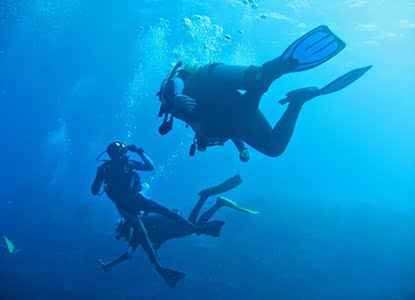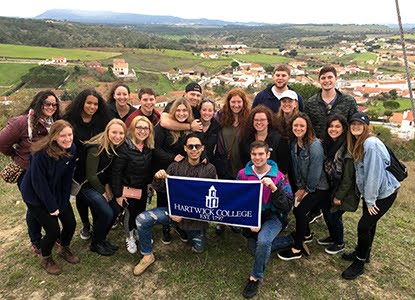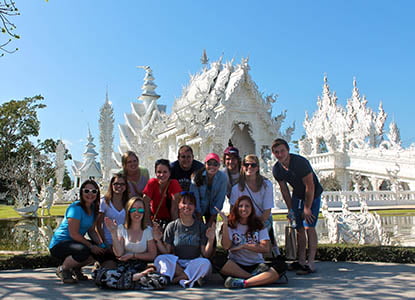Quick Links
Biology Special Opportunities
Research
Biology students at Hartwick work closely with professors to move beyond coursework and into real research experiences. We are convinced that the best way to learn biology is by doing it. All biology majors must complete BIOL 490, Senior Project. This research-based, capstone experience is written up as a senior thesis and presented at a research symposium in May.
Student research is published in the department’s online Journal of Biological Research. Some students even present their research at professional conferences and co-author articles published in professional journals.
Field Research at Hartwick's Pine Lake Environmental Campus
EQUIPMENT AND FACILITIES
The Biology Department is housed in Johnstone Science Center (JSC). Teaching and student-faculty research in JSC is supported by modern facilities and equipment such as: phase-contrast, fluorescence and electron microscopes; computer-assisted physiographs; facilities for housing and conducting surgery on animals; ultracold freezers; a Biotechnology Center with equipment for eletrophoresis, genetic engineering, cloning, and immunology; the Corning tissue culture room; a greenhouse; an herbarium; and field equipment for ecological studies of plants and animals. Hartwick students have complete access to all of this equipment as they develop research their skills. This gives our students a distinct advantage in graduate school, professional school, or industry.
In addition to its facilities on the main campus, the biology department also makes extensive use of Hartwick’s Pine Lake Environmental Campus and the adjacent 2,400-acre Robert V. Riddell State Park, about 8 miles from the main campus. Biology research and classes are centered at the Robert R. Smith Field Laboratory, which houses a classroom and lab space equipped with computers, microscopes, analytical equipment, and storage space for field equipment.
BETA BETA BETA BIOLOGICAL HONOR SOCIETY
Each spring semester, Biology and Biochemistry students are inducted into Beta Beta Beta (TriBeta), a national honor society for students who are dedicated to improving their understanding and appreciation of biology and to extending our human knowledge of the environment through scientific research.
Members of TriBeta organize a biology speaker series, visit museums, conduct educational programs for school children, and attend a regional conference to present their senior research projects.


